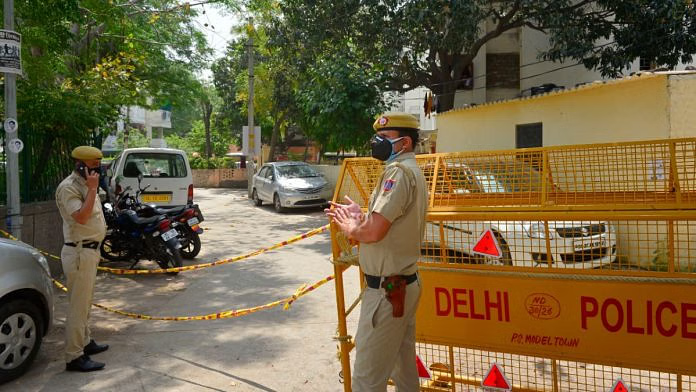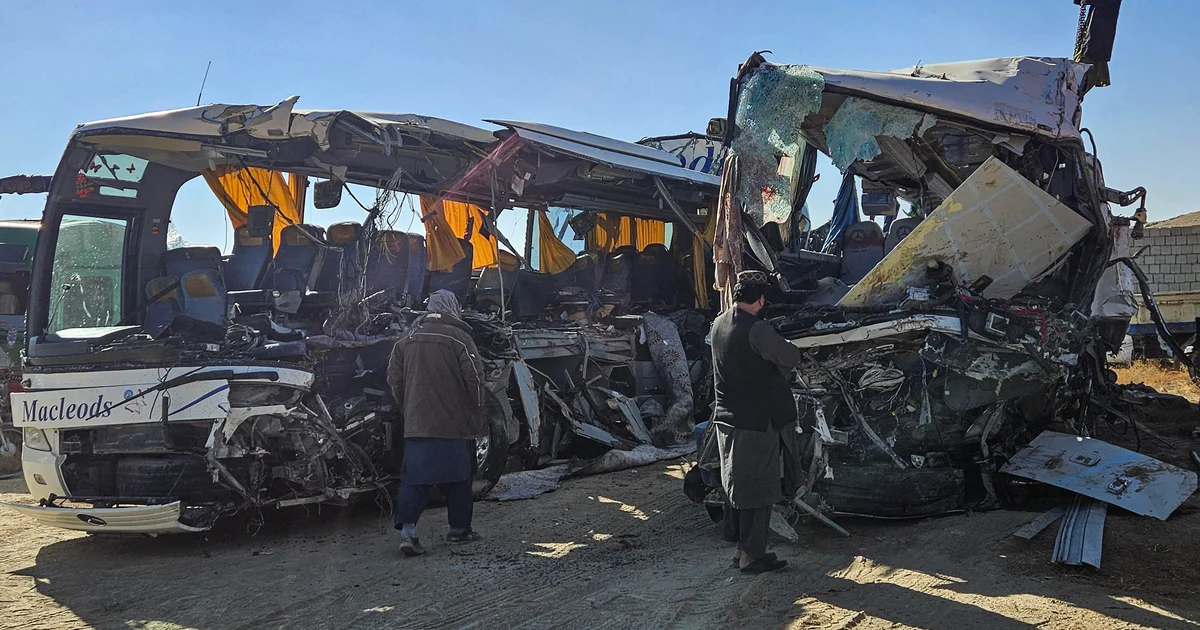Now Reading: Indian-Origin Truck Driver in U.S. Fatal Crash Had Been Allowed to Stay on $5,000 Bond, Says ‘Scared to Return to India’
-
01
Indian-Origin Truck Driver in U.S. Fatal Crash Had Been Allowed to Stay on $5,000 Bond, Says ‘Scared to Return to India’
Indian-Origin Truck Driver in U.S. Fatal Crash Had Been Allowed to Stay on $5,000 Bond, Says ‘Scared to Return to India’

An Indian-origin truck driver, identified as Harjinder Singh, has been apprehended in the U.S. after a tragic crash in Florida that claimed three lives. Court records reveal that Singh was allowed to remain in the country since 2018, released on a $5,000 immigration bond after citing fear of returning to India. The case has raised complex issues around immigration policies and public safety, with implications that resonate far beyond America’s borders.
Background & Legal Context
Singh was arrested near the U.S.-Mexico border in California in September 2018 after entering illegally. While facing expedited removal proceedings, he claimed he feared returning to India and was released on a $5,000 bond. Immigration authorities acknowledged his concern and permitted him to stay pending legal proceedings.
The Florida Crash
On August 12, Singh was involved in a fatal collision on the Florida Turnpike. He drove a truck into a minivan, resulting in the deaths of the vehicle’s three occupants. U.S. Marshals apprehended him following the incident. Under Florida law, the crash falls under vehicular homicide—a second-degree felony potentially punishable by up to 15 years in prison.
Public Reaction and Political Flashpoint
The accident and Singh’s immigration background quickly became a point of political contention. Social media and news outlets reacted strongly, spotlighting concerns over screening processes and immigration enforcement. The situation has sparked debate over balancing compassion for asylum seekers with ensuring safety for all.
Relevance to Indian Readers, Especially in Tier 2 Cities
For communities across India, particularly in smaller cities, this story underscores major questions: Should India reconsider its advisories for foreign nationals, or strengthen diplomatic channels for criminal cases abroad? It also adds to discussions about how personal fears intersect with public policies and how global incidents can spark local conversation on safety, legality, and identity.
Conclusion
The Harjinder Singh case is not just another tragic headline—it’s a complicated intersection of immigration, justice, and crime. As U.S. courts and law enforcement work toward resolution, India must also take note and learn. This case could shape future guidance for its citizens abroad and inform how responsibly such incidents are communicated back home.

























